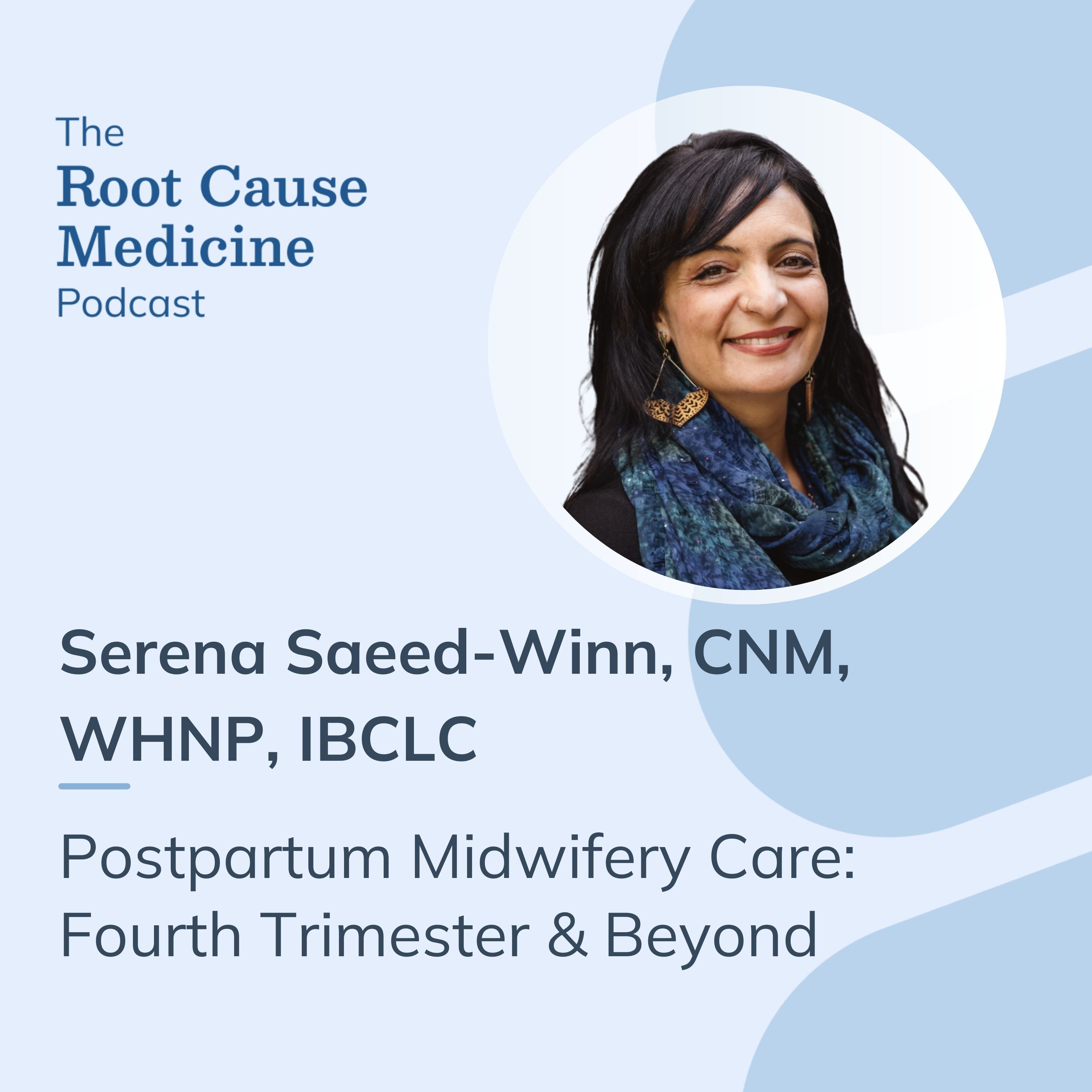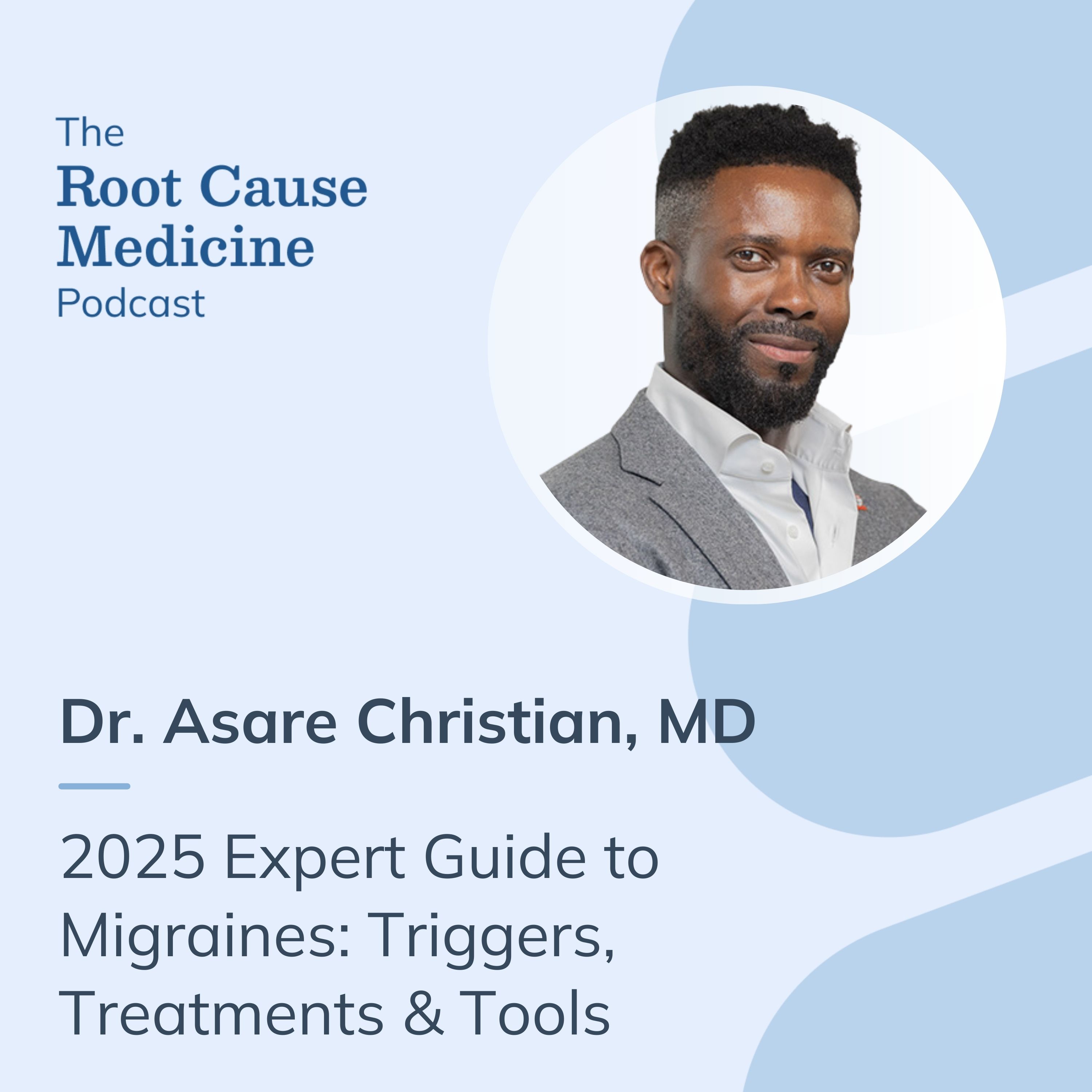The CDC estimates that fibromyalgia affects approximately 4 million people. This condition can cause pain all over the body, sleep problems, fatigue, and often emotional and mental stress (1). Alternative approaches such as nutrition, acupuncture, movement, psychotherapy, and herbs and supplements may be options for helping to support well-being in individuals with fibromyalgia.
[signup]
What is Fibromyalgia?
Fibromyalgia is a condition that can cause pain and tenderness throughout the body, sleep problems, fatigue, and often emotional and mental stress. It is a chronic (long-lasting) disorder. People with fibromyalgia are thought to be more sensitive to pain than people without fibromyalgia. This is called abnormal pain processing. The condition can be more likely to occur in those with autoimmune diseases such as rheumatoid arthritis or lupus, but fibromyalgia is not an autoimmune disorder.
Fibromyalgia Signs and Symptoms
The most common signs and symptoms of fibromyalgia are pain and stiffness all over the body, fatigue and tiredness, depression and anxiety, sleep problems, problems with thinking, memory, and concentration, and headaches, including migraines. Other symptoms may include tingling or numbness in hands and feet, pain in the face or jaw, digestive problems such as abdominal pain, bloating, constipation, or even irritable bowel syndrome (1).
What Causes Fibromyalgia?
The cause of fibromyalgia is unknown, but there is evidence that fibromyalgia is associated with a phenomenon that causes dysfunction in nerve circuits, which changes the perception of pain and how the nervous system reacts to stimuli (3).
Risk Factors For Fibromyalgia
- Women are more likely than men to be diagnosed with fibromyalgia.
- It can affect people of any age, but it usually starts in middle age, and pain may increase as you age.
- Fibromyalgia tends to run in families, and some scientists believe specific genes could make you more likely to develop it. However, the disorder also occurs in people with no known family history of the disease.
Underlying Diseases Associated with Fibromyalgia
- Rheumatoid arthritis
- Osteoarthritis
- Systemic lupus erythematosus
- Ankylosing spondylitis
- Depression
- Anxiety
- Chronic back pain
- Irritable bowel syndrome
Other Factors That Could Be Contributing to Fibromyalgia
Gut Health
Research shows that the gut microbiome is altered in fibromyalgia patients. Altered small intestinal permeability was also reported in a cohort of fibromyalgia and complex regional pain syndrome patients.
A large study showed that SIBO (small intestinal bowel overgrowth) was associated with fibromyalgia, and addressing SIBO may help improve digestive complaints, joint pains, and fatigue.
Micronutrient Deficiencies
Numerous nutrient deficiencies have been linked to fibromyalgia. While there is no general guidance on nutrient support for fibromyalgia patients, some nutrients are used to help support individuals with chronic pain. These include:
Vitamin B12: There is a high prevalence of Vitamin B12 deficiency in patients presenting with ill-defined chronic pain and other non-specific sensory symptoms. Vit B12 is an easily correctable nutritional deficiency and should be measured in situations of chronic pain patients.
Vitamin D: Over the last decade, several researchers have found an association between deficient vitamin D levels and chronic, general pain. Vitamin D deficiencies were observed in 60% of the patients with fibromyalgia.
Magnesium: the most abundant mineral in the body, is used for over 300 biochemical reactions, yet most Americans are deficient! Magnesium is required for protein synthesis and muscle and nerve function. Magnesium activates vitamin D, which is also essential in vitamin D absorption. It regulates other minerals and aligns itself with nutrients to help complete many biochemical functions.
Calcium: is essential for maintaining strong bones and controlling muscle and nerve function. Over time, low calcium intake can affect different body systems, contributing to low bone mass and risk for osteoporosis. Signs of severely low calcium include fatigue, muscle cramps, and pain.
Omega-3 fatty acids: (EPA and DHA) are an essential type of fat that may help support the body in reducing inflammation in musculoskeletal and autoimmune conditions and relieving chronic pain. Omega-3s may increase mineral absorption and have been studied for their potential benefits in chronic pain.
Differential Diagnosis for Fibromyalgia
Fibromyalgia symptoms can resemble other illnesses, such as Lyme disease, Epstein Barr Virus (EBV), or Lupus.
Lyme Disease
Lyme disease is known as "the great imitator" because the symptoms can vary and overlap with other common health complaints, making the diagnosis difficult.
Epstein Barr Virus (EBV)
EBV is a chronic viral infection that can lay dormant until it is triggered. It is one of the most widespread viruses in the world, infecting over 90% of adults. EBV has been closely associated with some autoimmune conditions, including Lupus and Multiple Sclerosis.
Lupus
Also known as the "the great imitator" because it mimics the symptoms of other conditions such as fibromyalgia, Lyme disease, and thyroid conditions.
Functional Medicine Labs to Test for the Root Cause of Fibromyalgia
When ordering and interpreting functional medicine labs, it is important to order labs that will help determine the root cause of symptoms and interpret the results with optimal values.
Optimal values are a narrow range of lab values, meaning anything outside those values tends to show patterns toward disease progression. Functional medicine providers can then catch these markers early on and have a chance at reversing or stopping disease progression altogether.
Comprehensive Stool Test
Checking a comprehensive stool panel is important in identifying gut imbalances, infections, and changes in digestion. These results can help provide an individualized approach to the patient's gut health, potentially reducing systemic inflammation.
SIBO Breath Test
In this study, SIBO (small intestinal bowel overgrowth) was associated with fibromyalgia in 78% of the 815 subjects, and addressing SIBO may help improve gastrointestinal symptoms.
Micronutrient Testing
Micronutrient deficiencies can contribute to symptoms of fibromyalgia and chronic pain.
Sleep Tests
Checking for the root cause of sleep disturbance is crucial in fibromyalgia patients to help improve their quality of life
Ruling Out Other Diseases
It may be helpful to rule out other chronic diseases that mimic fibromyalgia. These may include Lyme disease, Epstein-Barr Virus, and Lupus.
Complementary and Alternative Treatments for Fibromyalgia
Nutrition
Certain dietary changes may help support the body in managing symptoms associated with fibromyalgia. Evidence shows that adopting an anti-inflammatory diet such as the Mediterranean diet shows promise in supporting individuals with chronic pain conditions. A diet rich in vitamins and nutrients could also help boost energy throughout the day.
Acupuncture
After years of conclusive evidence, acupuncture is now being utilized in larger hospitals like the Cleveland Clinic, Harvard Health, Duke Health, and Mayo Clinic for chronic pain patients.
Acupuncture is considered a potential option for managing chronic pain. Treatment effects of acupuncture persist over time and cannot be explained solely in terms of placebo effects. Research now suggests that referral for acupuncture treatment is a reasonable option for a patient with chronic pain.
Movement (exercise)
Multiple reviews of clinical trials have shown that aerobic exercise interventions may help reduce pain, fatigue, and depression and improve health-related quality of life and physical fitness.
Psychotherapy
In 2017, a study showed that emotional awareness and expression therapies could positively impact pain symptoms in individuals with fibromyalgia.
Herbs and Supplements
- L-Carnitine: A double-blind, multicenter trial showed that L-Carnitine may help improve pain and overall mental health in fibromyalgia patients.
- High-Quality Multivitamin: Multiple micronutrient deficiencies have been observed in patients with fibromyalgia. Patients often cannot meet the recommended daily allowance of nutrients via nutrition alone. In these situations, high-Quality multivitamins are commonly supplemented.
- Vitamin D: Vitamin D is often supplemented alongside a multivitamin for patients with Vitamin D deficiency.
- Magnesium: Magnesium is often supplemented alongside a multivitamin for patients with magnesium deficiency.
- Gut-targeted supplements: Depending on your stool test results, there may be evidence of digestive abnormalities or opportunistic infections (bacteria that can cause issues). Your functional medicine practitioner will decide on additional supplements and treatments based on your results.
- Probiotics: probiotic supplementation can be used to help balance out the gut flora. You'll want to consult with your functional medicine practitioner to make sure the probiotic fits your particular needs based on your comprehensive stool results.
Current Research on Fibromyalgia and Alternative Treatments
Fibromyalgia research has not yet discovered why some people develop the disorder. However, research is continuously being conducted to find a definite cause. Studies are also being conducted to determine the connection between fibromyalgia and other conditions.
Fibromyalgia clinical studies have been launched to understand more alternative treatments that could aid in relieving symptoms of fibromyalgia. Some of the most current research is on acupuncture trigger points, Kinesio tape, fecal analysis, and radial shock waves. Still, more research is needed in these areas.
[signup]
Summary
Fibromyalgia affects 4 million people worldwide. This is a significant problem, as it affects an individual's quality of life and ability to function. Research is continuously being performed to find definite causes of fibromyalgia so that effective treatments can be provided.
From a functional medicine perspective, we can identify potential contributing factors to chronic pain through lab testing and encourage alternative and complementary approaches such as pain management techniques, exercise, and nutrition changes. Some supplements have been studied for their potential to support individuals with fibromyalgia symptoms, and more research is underway.










.avif)

%201.svg)







